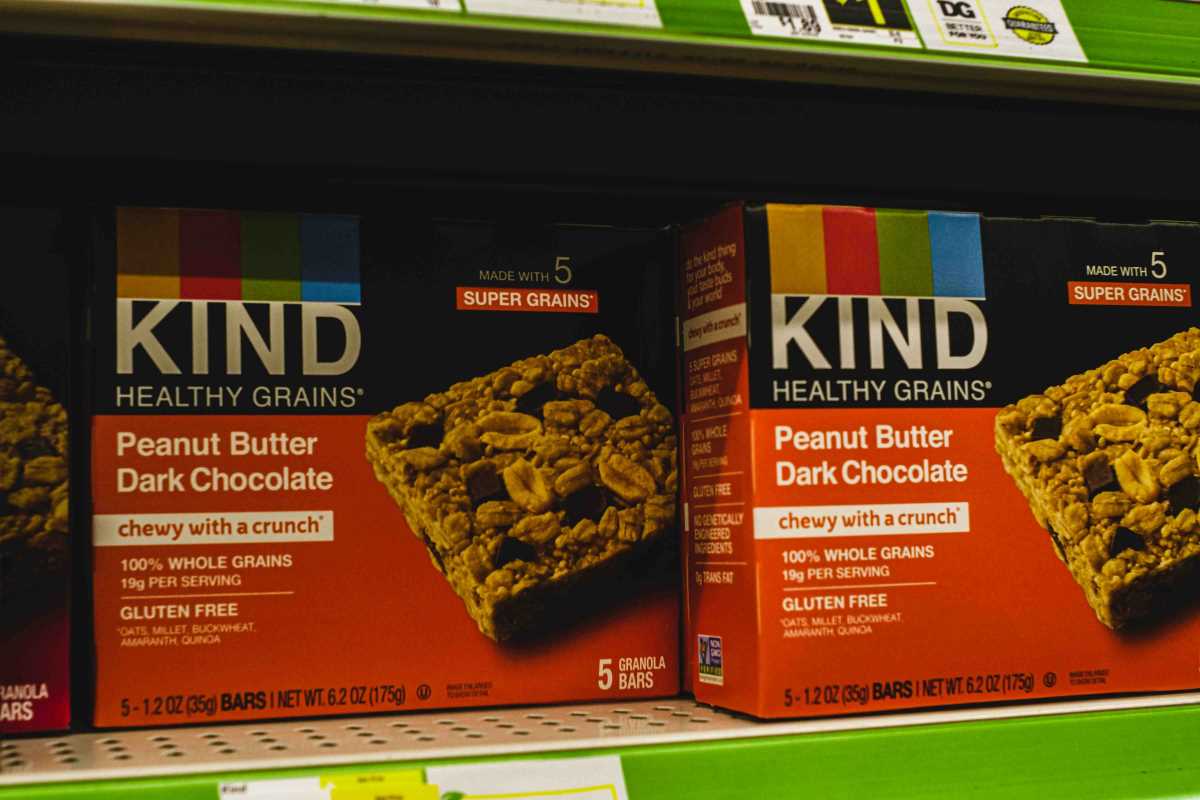If you've spent any time in fitness circles, you've likely encountered strong opinions about when to eat. From the dreaded "anabolic window" to warnings about eating carbs after 6 PM, food timing advice can feel overwhelming and contradictory. The truth is, many of these widely accepted beliefs are based on outdated research or misinterpreted studies rather than solid scientific evidence.
Understanding the real science behind food timing empowers you to make informed decisions that support your fitness goals without unnecessary restrictions. While meal timing does have some impact on your results, it's far less dramatic than many fitness enthusiasts believe. Let's examine the evidence and separate fact from fiction to help you optimize your nutrition strategy.
The Anabolic Window is Narrower Than You Think
Perhaps no food timing myth generates more anxiety than the "anabolic window"—the belief that you must consume protein within 30 minutes after training or lose your gains forever.
What the Research Actually Shows
The anabolic window concept emerged from studies showing increased protein synthesis after exercise. However, these early studies often used fasted subjects or measured acute responses rather than long-term adaptations. More comprehensive research paints a different picture.
A 2013 meta-analysis published in the Journal of the International Society of Sports Nutrition found that the anabolic window is actually much wider than previously thought—potentially lasting 4-6 hours post-exercise. The researchers concluded that total daily protein intake matters significantly more than precise timing for muscle protein synthesis.
When Timing Matters Most
The post-workout protein window becomes more critical in specific circumstances:
Fasted training: If you train without eating beforehand, consuming protein within 2 hours becomes more important to maximize muscle protein synthesis.
Low daily protein intake: Individuals consuming less than 1.6 grams of protein per kilogram of body weight may benefit more from strategic timing.
Multiple daily sessions: Athletes training twice daily might optimize recovery by timing protein intake around each session.
Practical Application
For most fitness enthusiasts, consuming a balanced meal containing 20-40 grams of protein within 3-4 hours of training will adequately support muscle growth. This timeframe allows for practical meal planning without the stress of rushing to consume a protein shake immediately after your last rep.
The Late-Night Eating Myth
The belief that eating after 6 PM or 8 PM automatically leads to weight gain remains one of the most persistent nutrition myths. This misconception stems from observational studies that failed to account for crucial variables.
Understanding the Real Culprits
Research published in the American Journal of Clinical Nutrition examined late-night eating patterns and found that the timing itself wasn't problematic—rather, the types and quantities of foods consumed made the difference. Late-night eaters often consumed:
- Higher calorie foods with more processed ingredients
- Larger portions due to accumulated hunger
- Additional calories beyond their daily needs
- Foods eaten mindlessly while watching television
The Circadian Rhythm Factor
Your body's circadian rhythms do influence metabolism, but not as dramatically as once believed. A study in the International Journal of Obesity found that identical meals consumed at different times of day showed only modest differences in metabolic response—accounting for less than 10% variation in total daily energy expenditure.
Strategic Late-Night Eating
Certain situations actually benefit from evening food consumption:
Shift workers: Those working non-traditional hours need to align their eating patterns with their active periods, regardless of clock time.
Evening exercisers: Training late in the day may warrant post-workout nutrition, even if it occurs after traditional dinner hours.
Slow-digesting proteins: Casein protein or Greek yogurt before bed can support overnight muscle recovery without negatively impacting body composition.
Meal Frequency
The fitness industry has long promoted eating 5-6 small meals throughout the day to "stoke the metabolic fire." This approach was thought to increase metabolism and improve body composition compared to eating fewer, larger meals.
The Metabolic Boost Reality Check
The thermic effect of food (TEF)—the energy cost of digesting, absorbing, and processing nutrients—does temporarily increase metabolism after eating. However, research consistently shows that TEF is determined by total daily food intake, not meal frequency.
A comprehensive review in the British Journal of Nutrition examined 15 studies comparing different meal frequencies and found no significant difference in 24-hour energy expenditure or weight loss between eating 3 meals versus 6 meals per day when total calories remained constant.
Individual Preference and Adherence
The most effective meal frequency is the one you can consistently follow. Consider these factors when determining your optimal eating pattern:
Hunger patterns: Some people feel more satisfied eating larger, less frequent meals, while others prefer smaller, more frequent options.
Schedule constraints: Work and lifestyle demands may dictate practical meal timing regardless of theoretical benefits.
Training timing: Your workout schedule might influence when you prefer to eat larger meals versus lighter snacks.
Health conditions: Certain medical conditions like diabetes may benefit from more stable blood sugar through frequent, smaller meals.
Pre-Workout Nutrition
The fitness industry often presents rigid pre-workout nutrition rules, but optimal timing depends on your specific goals, training intensity, and individual tolerance.
Fueling for Performance
Research supports consuming carbohydrates 1-4 hours before exercise to optimize glycogen stores and performance. However, the timing depends on meal size and composition:
Large meals (400+ calories): Consume 3-4 hours before training to allow complete digestion.
Moderate meals (200-400 calories): Eat 2-3 hours before exercise for optimal energy without digestive discomfort.
Small snacks (100-200 calories): Can be consumed 30-60 minutes before training for quick energy.
Fasted Training Considerations
Training in a fasted state has gained popularity for potential fat-burning benefits. Research shows mixed results:
Potential benefits: May increase fat oxidation during low-to-moderate intensity exercise and could improve metabolic flexibility.
Potential drawbacks: May impair high-intensity performance and could increase muscle protein breakdown without post-workout nutrition.
The decision to train fasted should align with your primary goals and how your body responds to exercising without fuel.
Post-Workout Recovery
While post-workout nutrition matters, the conventional wisdom about immediately consuming protein shakes oversimplifies recovery nutrition.
The Carbohydrate Connection
Glycogen replenishment becomes crucial for athletes training multiple times per day or engaging in prolonged endurance exercise. Research in Sports Medicine indicates that consuming 1.0-1.5 grams of carbohydrates per kilogram of body weight within 2 hours of exercise optimizes glycogen resynthesis.
For most recreational exercisers training once daily, normal meal patterns provide adequate glycogen replenishment without requiring immediate post-workout carbohydrate consumption.
Hydration and Electrolytes
Fluid replacement often takes priority over food timing for optimal recovery. The American College of Sports Medicine recommends consuming 150% of fluid losses within 2-6 hours post-exercise. Adding electrolytes becomes important for sessions lasting longer than 60 minutes or in hot conditions.
Intermittent Fasting
Intermittent fasting (IF) has gained tremendous popularity, with proponents claiming superior fat loss and health benefits. The reality is more nuanced.
What the Research Shows
Multiple studies demonstrate that intermittent fasting can be an effective tool for weight management, primarily by reducing overall caloric intake. A systematic review in Annual Review of Nutrition found that various IF protocols produce similar weight loss results to traditional calorie restriction when total caloric intake is matched.
Potential Benefits Beyond Weight Loss
Research suggests intermittent fasting may offer additional benefits:
Metabolic flexibility: May improve your body's ability to switch between burning carbohydrates and fats.
Insulin sensitivity: Could enhance insulin sensitivity in some individuals.
Cellular repair: May stimulate autophagy, a cellular cleanup process.
Individual Considerations
Intermittent fasting isn't appropriate for everyone:
Athletic performance: May impair high-intensity training performance if poorly implemented.
Hormonal health: Some women experience menstrual irregularities with aggressive fasting protocols.
Medical conditions: Individuals with diabetes, eating disorder history, or certain medications should consult healthcare providers before attempting IF.
Competition Day and Event Nutrition
Special events like competitions or races require modified nutrition strategies, but many athletes overcomplicate their approach.
The Familiar Foods Principle
Sports nutritionists consistently recommend avoiding new foods or timing strategies on competition day. Your event nutrition should mirror what you've practiced during training sessions.
Carbohydrate Loading Reality
True carbohydrate loading benefits endurance events lasting longer than 90 minutes. For shorter events, normal carbohydrate intake in the days leading up to competition provides adequate fuel.
The classic "pasta party" the night before an event is more tradition than necessity for most recreational athletes. Consuming familiar, easily digestible carbohydrates 3-4 hours before competition typically provides better results.
Practical Guidelines for Optimal Food Timing
Based on current research, here are evidence-based recommendations for meal timing:
Daily Structure
Morning: Include protein to support satiety and muscle protein synthesis throughout the day.
Pre-workout: Consume easily digestible carbohydrates 1-3 hours before training if exercising longer than 60 minutes.
Post-workout: Prioritize protein intake within 3-4 hours of training, with timing becoming more critical for fasted sessions.
Evening: Focus on foods that support sleep quality and recovery, such as tryptophan-containing proteins or magnesium-rich foods.
Weekly Planning
Training days: Align higher carbohydrate intake with more intense training sessions.
Rest days: Maintain adequate protein intake while potentially reducing calories if weight management is a goal.
Recovery periods: Emphasize anti-inflammatory foods and adequate hydration during planned recovery weeks.
 (Image via
(Image via





